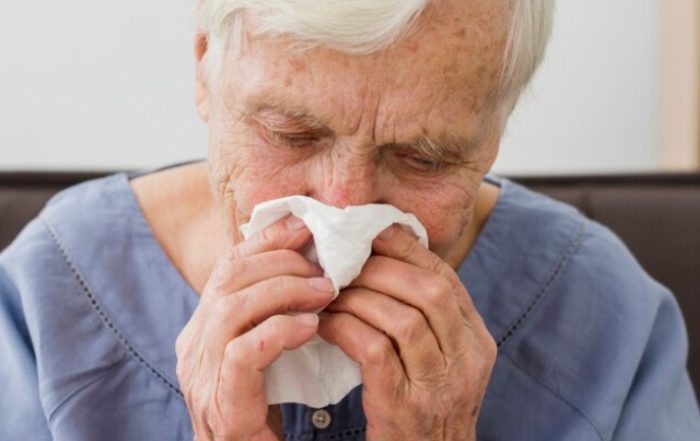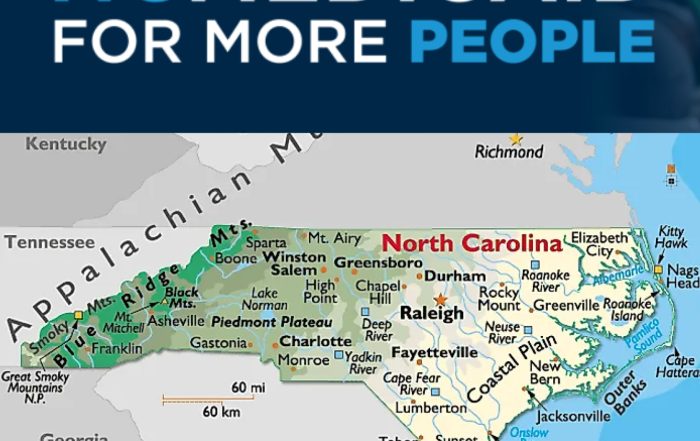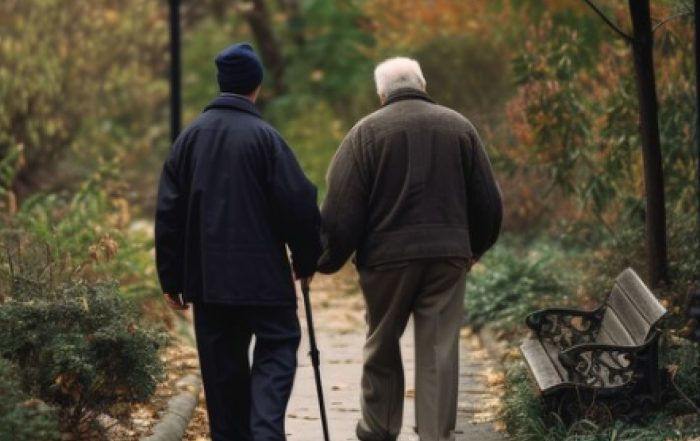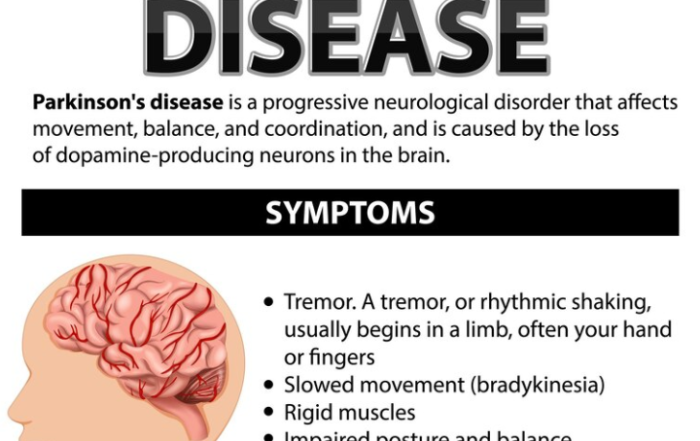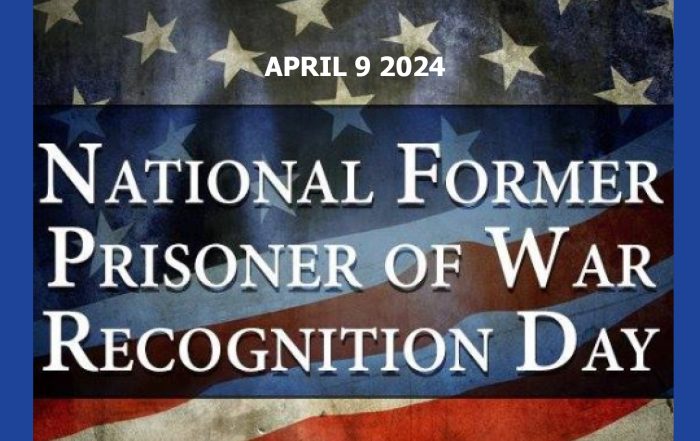An Overview of Veterans and PTSD
Veterans may have experienced severe trauma or a life-threatening event during a time of war or in a non-combat situation. As a result, they may develop symptoms of posttraumatic stress, more commonly known as PTSD. During the event you felt as if your life or the lives of others were in danger or that you had no control over what was happening. While in the military, you may have witnessed people being injured or dying, or you may have experienced physical harm yourself. PTSD can impact your day-to-day life, and seeking treatment for it can often lessen the symptoms.
Some of the most common symptoms of PTSD include recurring memories or nightmares of the event, sleeplessness, loss of interest, and feelings of numbness, anger or irritability, or being constantly on guard, but there are many ways PTSD can impact your everyday life. Sometimes these symptoms don’t surface for months or even years after the event occurred or after returning from deployment. They may also come and go. If these problems persist or they’re disrupting your daily life, you may have PTSD.
U.S. Veterans of Different Service Eras
The number of Veterans with PTSD varies by service era. The data below are from a large study of Veterans across the country:
| Service Era | PTSD in the Past Year | PTSD at Some Point in Life |
| Operations Iraqi Freedom (OIF) and Enduring Freedom (OEF) |
15 out of 100 (15%) | 29 out of 100 (29%) |
| Persian Gulf War (Desert Storm) | 14 out of 100 (14%) | 21 out of 100 (21%) |
| Vietnam War | 5 out of 100 (5%) | 10 out of 100 (10%) |
| World War II (WWII) and Korean War | 2 out of 100 (2%) | 3 out of 100 (3%) |
| NOTE: The data in this table is from Veterans alive at the time of the study. As such, it does not include Veterans in any service area who have died and may have had PTSD. | ||
Veterans are more likely to develop PTSD than civilians. Among Veterans, those who deploy are more likely to have PTSD than Veterans who do not. Also, Veterans who use VA for health care are more likely to be diagnosed with PTSD than those who use community health services. This may be due, in part, because VA screens for MST and PTSD for all Veteran patients.
To learn more about Veterans and PTSD please visit U.S. Department of Veterans Affairs.
CBHomeCare and our Family of Providers are happy to assist you with assessing your family’s needs and helping to provide the care necessary to help keep your loved one at home where they want to be. Please feel free to call us at (330) 587-5587, and we will be happy to answer all of your questions. You can also click here to read about our services.
